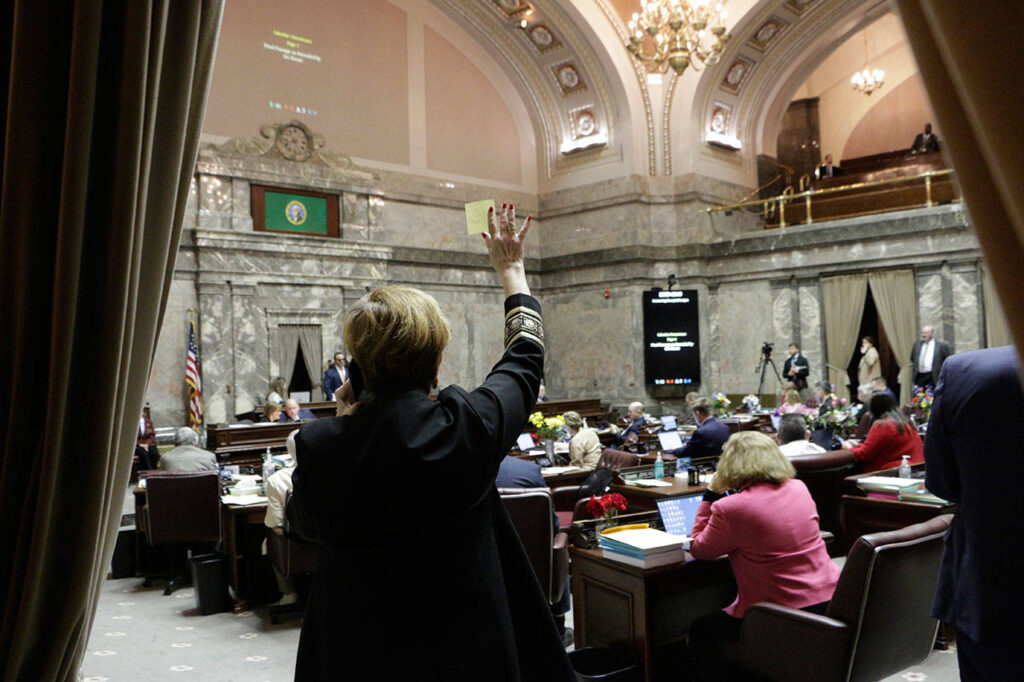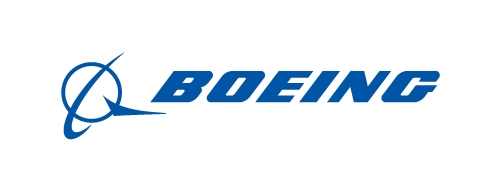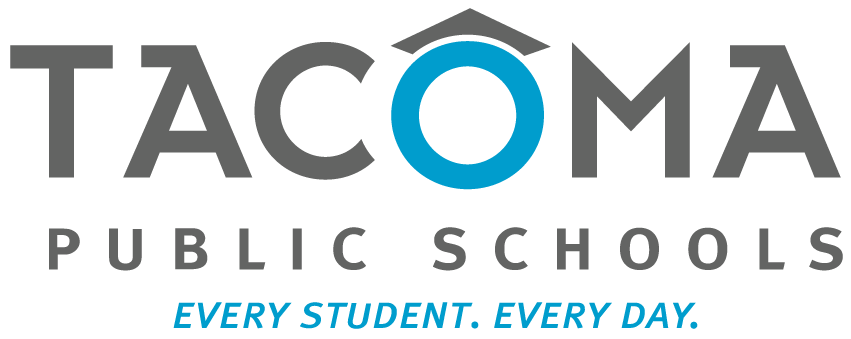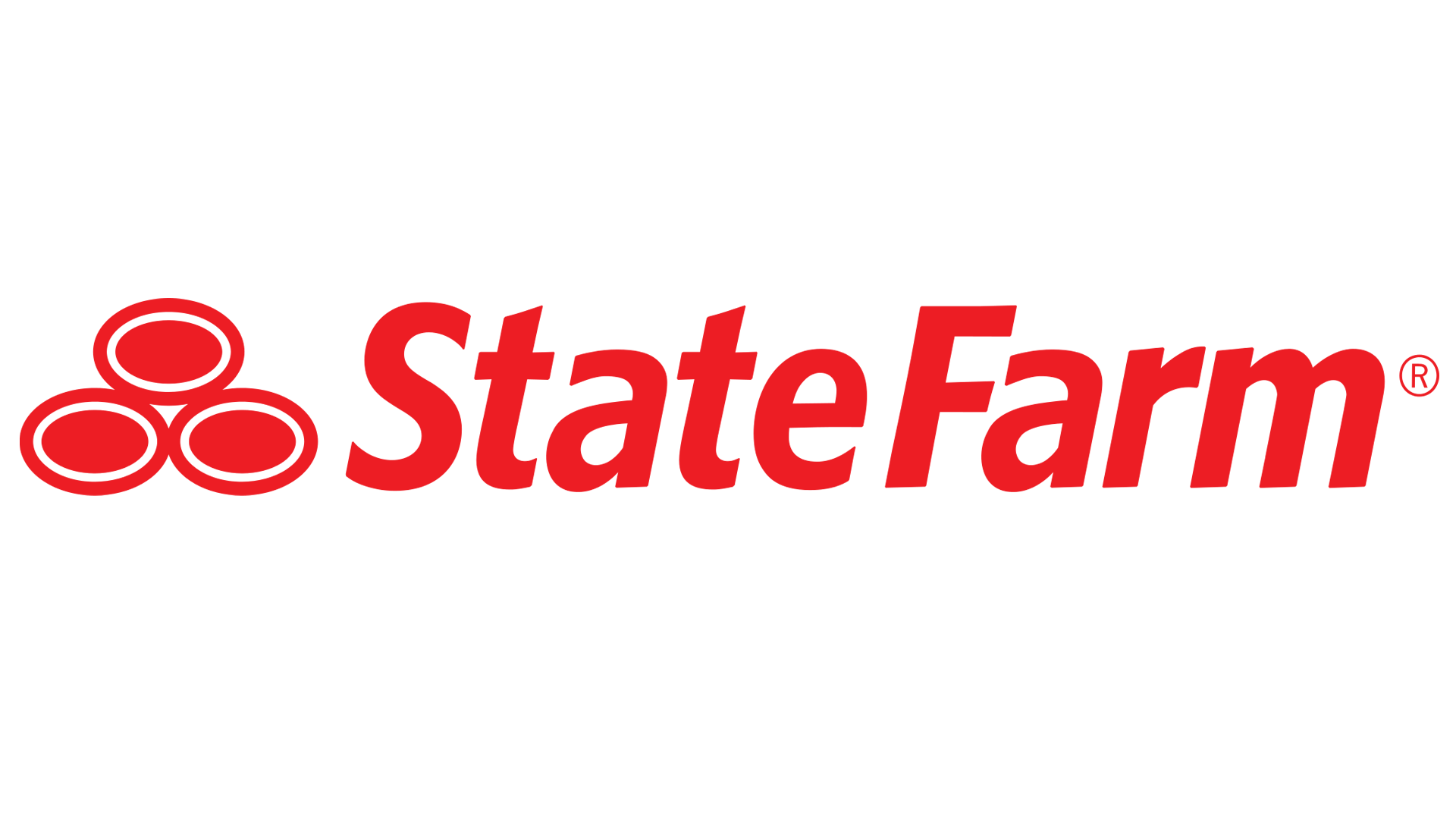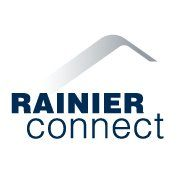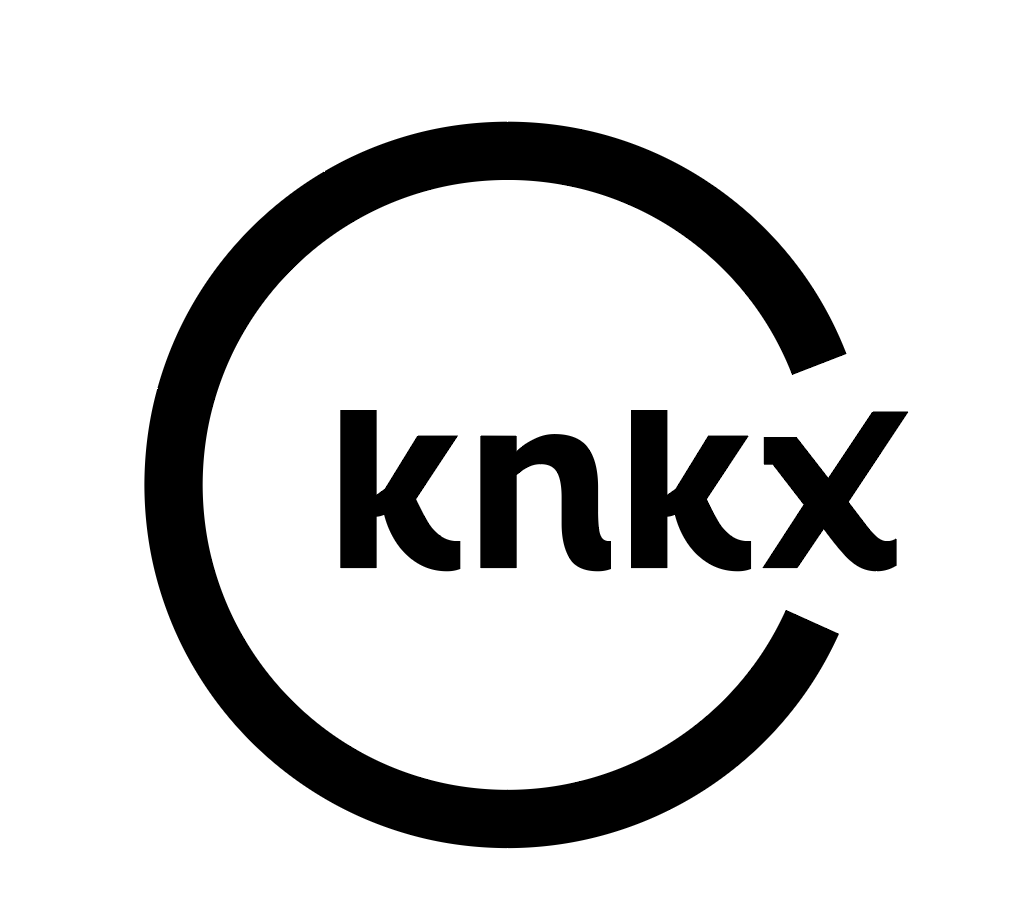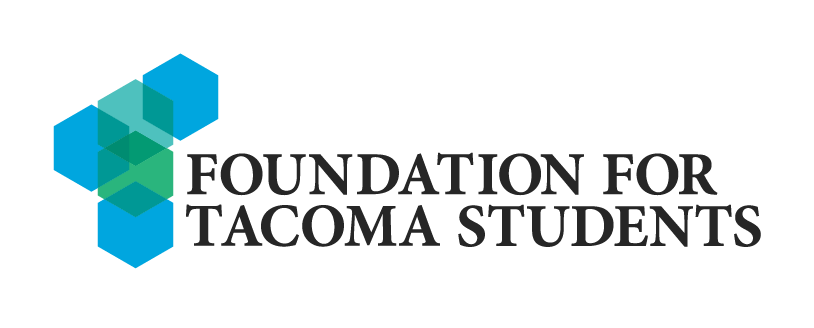The 2020 legislative session was as unprecedented a session, with as uncertain an ending, as anyone can remember.
Lawmakers are usually exhausted after the unforgiving pace of a 60-day, short session. But they were especially so this year, given the uncertainty and fear around the impacts – still not fully known – of the coronavirus COVID-19. The pandemic overshadowed almost every other issue in the final days of legislative session and resulted in a $200 million funding package passed on the last day of session. The coronavirus response was initially proposed at $5 million but grew to $100 million and finally $200 million as the scope of the crisis became more clearly understood with each passing day.
Lawmakers also passed budgets that differed dramatically from proposals offered at the beginning of session, as they struggled to reflect the major changes taking place in the economy and potential implications on future revenue.
Graduate Tacoma partners successfully advocated for critical investments in public health, childcare assistance for families living homeless, early learning, special education and more to help ensure equity in education. We offer our thanks to the Pierce County delegation and to the rest of the legislature for seeing the value in these programs, particularly in times of economic hardship for Washington families.
But we know that none of us is sure what impact COVID-19 will have on our state’s economy. We are committed to staying updated on policy and budget discussions, advocating for effective programs, and working together on behalf of Washington student access and equity. We will remain in contact with lawmakers and the governor over the interim on the possibility of a special session being called after the June Revenue Forecast for the purpose of making budget adjustments, passing an economic relief package, or both. And, of course, we will remain in contact with you about these potential developments and others that might emerge during these unprecedented times.
What is the Revenue Forecast and Why Does it Matter?
State budgets in Washington are written on a two-year cycle and are based on revenue numbers provided by the Economic Revenue Forecast Council, which conducts ongoing estimates of how much money the state will collect in taxes and fees during that two-year period. The Forecast is not a bank statement and does not reflect how much money the state has in its coffers. Rather, it’s a comprehensive projection of how much money the state expects to collect over the entire course of the biennium, based on numerous state and national economic factors. Because trends can change unexpectedly, the Forecast for each biennium is adjusted quarterly to better align projections with real economic activity. One previous budget director for the governor’s office compared it to driving forward but only using the rearview mirror.
What does the Revenue Forecast have to do with COVID-19?
COVID-19 will have a huge impact on Washington’s economy — and it’s difficult to know at this point how big that impact will be. As the state’s economists begin to understand the size of the impact, they’ll make adjustments to the next quarterly Revenue Forecast in June. In the aftermath of the 2008 recession, revenue forecasts regularly provided two worrisome data points: 1) the downward adjustment to the expected revenue the state expected to collect in the biennium (the forecast itself), and 2) the downward adjustment to revenue actually collected since the previous forecast (the budget shortfall). If the June Revenue Forecast indicates the state has been collecting revenue significantly below the levels to which lawmakers pegged spending levels, the Legislature will need to make spending cuts or raise new revenue to close the shortfall. That’s because, unlike the federal government, the state cannot run a deficit. And unlike a personal budget, they can’t charge operating expenses on credit or take out a loan as a bridge.
2020 POLICY WINS
EARLY LEARNING
- Increasing rates for providers accepting Working Connections Childcare. Supplemental budget investment → $31.904 million
- Smoothing Working Connections Childcare co-pay cliff to ensure continuity of care for families. Supplemental budget investment → $6 million
- Ensuring continuous childcare for families experiencing homelessness. Supplemental budget investment → $1.909 million
- Funding professional development opportunities for child care providers. Supplemental budget investment → $4.023 million
- Increasing rates for the Early Childhood Education and Assistance Program. Supplemental budget investment → $4.023 million
- Investing in the Early Learning Dual Language Grant Program. Supplemental budget investment → $246,000
- Investing in the Early Learning Facilities Fund. Supplemental budget investment → $7.296 million
SPECIAL EDUCATION
The legislature allocated an additional $1.9 million for the special education Safety Net program for the upcoming school year based on changes made to the Safety Net formula in 2019 (SB 5091). The Safety Net provides districts meeting the criteria with additional funds to meet higher than expected costs for providing special education programming.
ACCESS TO HIGHER EDUCATION
- HB 2513 Prohibiting the practice of transcript withholding and limiting the practice of registration holds at institutions of higher education as debt collection practices
- HB 2514 Creating the Washington Common Application
- HB 2523 Expanding Access to Higher Education

